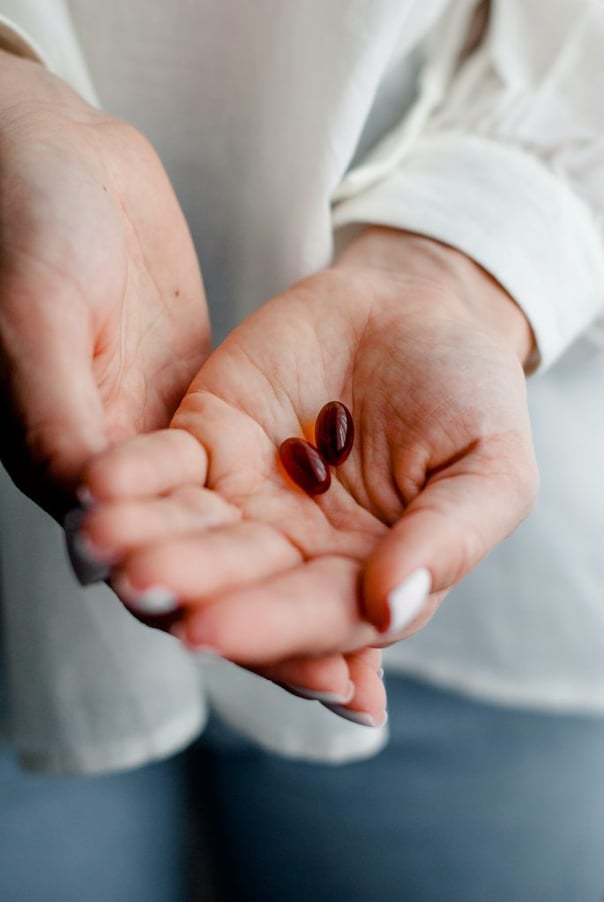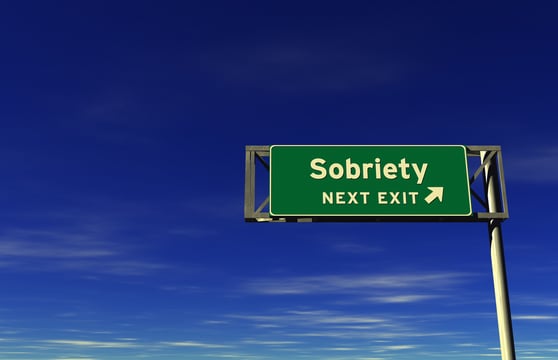Substance abuse and addiction are topics surrounded by countless myths and misinformation. Less than factual information about such life-impacting issues is dangerous and can actually cause harm to addicts and their loved ones.
Avenues Recovery’s professional, highly skilled team have treated countless addicts and heard all the myths there are about addiction. Read on to learn the baseless common misconceptions about addiction and to discover the real truths behind the rumors.
10 Myths About Addiction
Myth: Addiction is a choice. Blame yourself that you’re an addict.
Fact: Addiction is a chronic illness [1], much the same as cancer and heart failure. Addiction doesn't discriminate and can happen to anyone. There are too many causes to pinpoint the main contributing factor, but those among them include trauma, genetic factors, and childhood background, in addition to others.
Myth: It’s easy to stop addiction; just stop using.
Fact: Any addict can vouch for this being one of the silliest, unrealistic myths about substance abuse. Once addiction kicks in, it changes the brain's chemistry and makes controlling impulses seemingly impossible. In a non-addicted brain, pleasure and reward come after effort and with delay. However, addictive substances send the brain chemicals that signal intense pleasure. A person's self-control and ability to make good decisions are taken away with addiction. Extremely intense impulses are directed to the brain, giving one a strong urge to take drugs or drink alcohol, etc. The power behind these urges is an instinct as strong as our human need to eat and drink.
These tremendous impulses may help one to understand the irrational and compulsive behaviors of an addict. Addicts will keep using and abusing substances, despite life-threatening circumstances. Quitting most often necessitates the help of professionals and treatment programs.
Myth: You can’t become addicted to a drug from just one use.
Fact: One bad decision can lead to an addiction. Many drugs, such as methamphetamine and heroin, can cause a chemical dependency in the brain after just a single use.
Myth: Only certain users can become addicts.
Fact: Anyone can become addicted to any addictive substance. Addictive substances are addictive because of the way that they negatively and reliably affect everyone who uses them. No one can rely on their genetics or life circumstances to protect them from addiction.
Myth: Only certain substances are addictive, some are ‘safe’.
Fact: Many addictive substances, such as alcohol, are known to be readily available and addictive. However, you might think that some substances carry no risk of addiction either because their addictiveness is not discussed or they are presented as ‘good drugs’. For example, prescription drugs are not ‘addiction-safe’ just because they are medically recommended. Morphine is used medically and is dangerously addictive, being an opioid similar to heroin. Similarly, while it is safe to use ibuprofen daily, one is not recommended to take more than the appropriate dosage or to prolong its usage for more than 30 days.

Myth: If your life is stable then you can’t be an addict.
Fact: An addict is not only someone who has nothing in their life besides their addiction. An addict is anyone who compulsively seeks drugs even despite adverse consequences. Once drug or alcohol usage becomes a consistent need in your life, you’re officially an addict. It doesn’t make you any less addicted to claim that ‘no one can tell, I’m still keeping up with everything else’ or ‘no one’s losing out’ because of your addiction. Worse still is that you may find your consistent need for drugs or alcohol may turn you into an addict.
Myth: With treatment, your addiction will be cured.
Fact: With treatment, your addiction can be helped and even controlled. Once addictive responses have developed in your brain, any future exposure to the same addictive triggers could restore an addiction. Treatment can only enable you to approach life from a position of sobriety and hope to avoid encouraging your addiction again.
One of the more popular addiction myths and facts, it’s a little ironic that actually a significant, albeit minority, number of addicts relapse somewhat within their first year after completing their rehabilitation. This statistic refers only to those addicts who have completed their treatment programs successfully, and not everyone manages that. While the majority may do, it is important not to assume that addiction treatment is an easy quick fix that can be left until you are absolutely desperate. The sooner that you embark on the treatment journey, the less time that you have allowed the addiction to affect you, and the greater your chance of success.
Myth: If you relapse you will never recover.
Fact: Most people who relapse will still recover a healthy life. No one will encourage you to resume an addiction, but doing so is not a permanent surrender of your life to your drugs. Just like you managed to recover to sobriety from your first round of addiction, you can and will from your relapse.
Myth: Addiction makes you a bad person.
Fact: Addiction is a disease. Despite being one of the very common myths about addiction, no diseases make someone into a bad person and addiction is no different. While it is easy to see that someone with cancer or diabetes [] is a victim of their condition, you cannot afford to believe that you're any less a victim of your addiction. Your sickness affects your decisions and behaviors, but you are in no more control over your situation than anyone with a mental illness.
Myth: If you can live with your addiction, you can live without treatment.
Fact: Being an addict means that your need for the addictive substance is beyond your control. It may do severe damage to your body or quality of life in the long term, even if your usage remains consistent. Alternatively, the severity of your addiction could suddenly worsen and you may find that you can’t live with your addiction after all.
Waiting until you hit ‘rock bottom’ before seeking treatment isn’t a good decision. You don’t need to lose everything in your life to recover, and waiting until your addiction destroys the rest of your life may be too late. On the contrary, having a good life to recover for may give you the motivation and resources that you need to kick your addiction while you can.
Make Your Sobriety a Fact
Now that you know the facts on some common misconceptions about addiction, you may find you recognize some truths in yourself. If you or a loved one are struggling with addiction, or if any of the above addiction myths sound all too familiar, Avenues Recovery is here to support you. Contact us 24/7 for guidance and help, we’re waiting to help you. You deserve better than a life of addiction.

Sources
[1] cdc.gov
[2] diabetes.org


